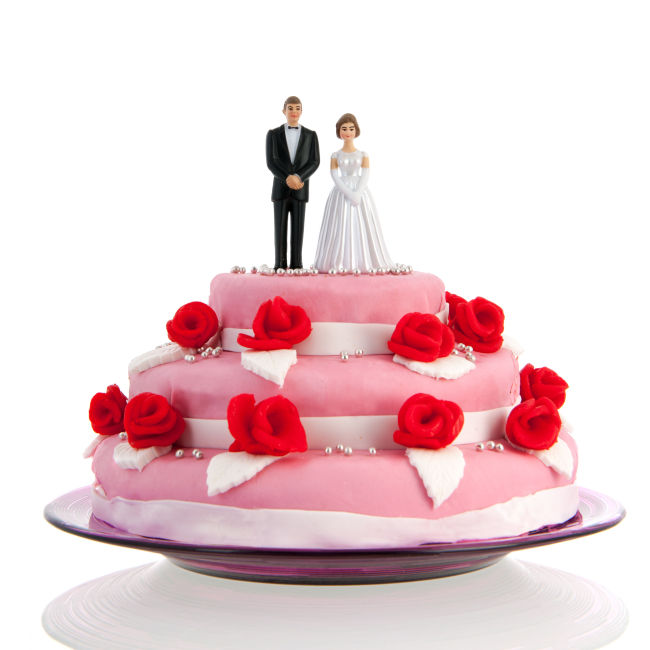A wedding typically marks the beginning of a marriage. It is also the end of months of preparations.
However, for many Koreans the wedding is neither the beginning nor an end.
While many aspects of Korean society has undergone rapid changes, and westernization since the Korean War, weddings and marriages continue to be influenced by traditional values and customs more than other areas of life.
For a wedding to occur, the would-be bride and groom must first arrange a formal meeting between their parents. If the potentially awkward meeting goes well, and both families approve of the match, they discuss the date.
This, however, often requires the couple to have passed a superstitious hurdle.
Many Koreans still place much value in “gunghap,” the evaluation of the couple’s compatibility based on the time and date of the couple’s dates of birth.
Once the happy couple is over such hurdles, then comes the matter of picking the venue. Wedding venues range from religious facilities to hotels and wedding halls. Wedding halls, which mostly host “Western style” weddings, are reminiscent of an assembly line where weddings are held in rapid succession.
The cost of holding a wedding ceremony is as varied as the type of venues, ranging from negligible to hundreds of millions of won.
Once the date and venue are set, there comes the step of exchanging gifts between the families.
Although it varies from family to family, the gifts demanded by the groom’s family can range from hefty to the ridiculous. And the scale of the dowry is proportional to the groom’s qualifications.
While the dowry traditionally consists of gifts, it is not uncommon for the goods to be replaced with actual cash.
For example, it is not unheard of for the family of a groom who is a judge to demand hundreds of millions of won, if not a billion.
“(The groom’s family) demanded 1 billion won ($906,000) from my father,” said a 31-year old woman who recently broke off her wedding declining to be named.
However, this process may be the “norm” but it is far from standard. The vast majority of people keep the gifts within ranges they can manage or cut it down to a symbolic gesture.
But even after this, the expenditure involved in arranging a wedding, and a marriage, is not over.
Traditionally, the groom is required to provide the housing – rented or purchased – while the bride’s family provides the appliances, furniture and other items that the couple will use.
As with the dowry, the price of the housing and the amount of goods the bride brings can be a source of conflict, and in extreme cases, break-up.
Such complicated, and some antiquated, processes are driving more and more couples to opt for small weddings witnessed only by a small number of close family and friends, with dowries and other material aspects often reduced to the minimum.
Still others, who find the struggles involved in the process too much to bear, are opting to stay single.
The difficulties in finding a job –- a prerequisite for marriage in Korea -- and finding a suitable partner and the burdens that come after marriage are forcing more people to take this route.
So many young people are taking this path so that a new term, “sampo generation,” has been coined.
The word “sampo” is a combination of the Korean words for “three” and “forfeit,” and refers to those who have given up dating, marrying and having a baby.
However, this is not the norm. Nor is everyone deterred.
“I married right after my husband was discharged from the Army, and while I had worked for a number of years, he had only just begun working and had very little savings,” Kim, a 38-year old office worker said. She married in 2003 and now has two children and one on the way.
“Of course it would have been great if we had lots of money, but we are doing fine. Really, I don’t see why kids today say they are giving up marriage when they have not even tried it.”
By Choi He-suk (
cheesuk@heraldcorp.com)








